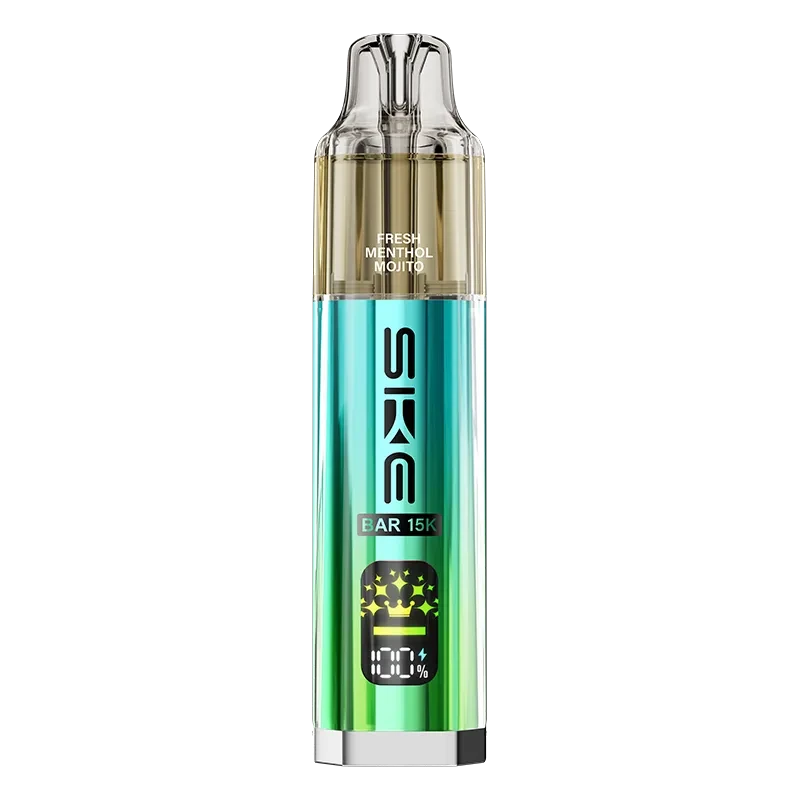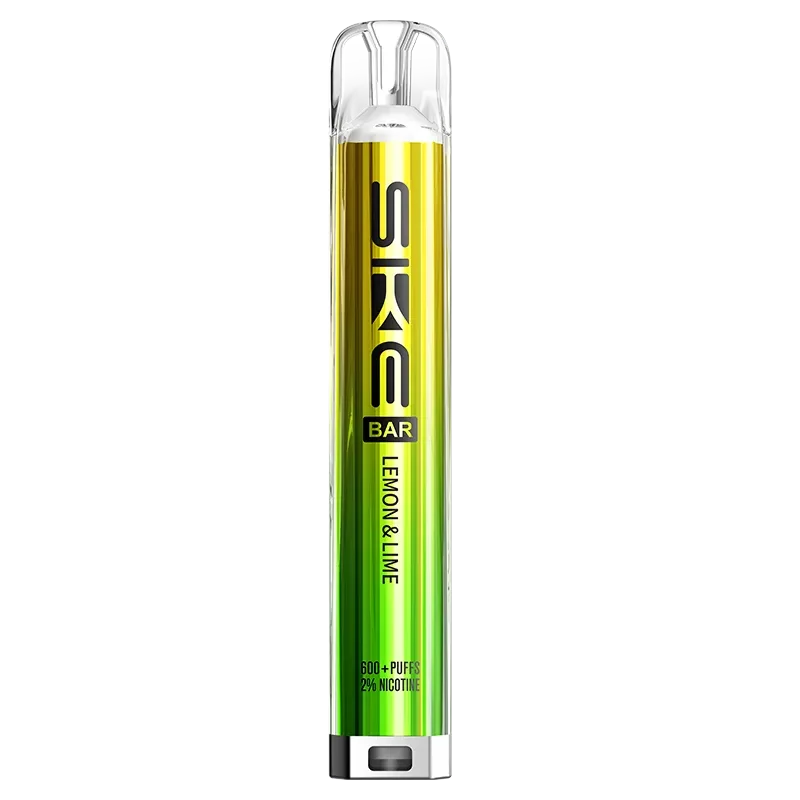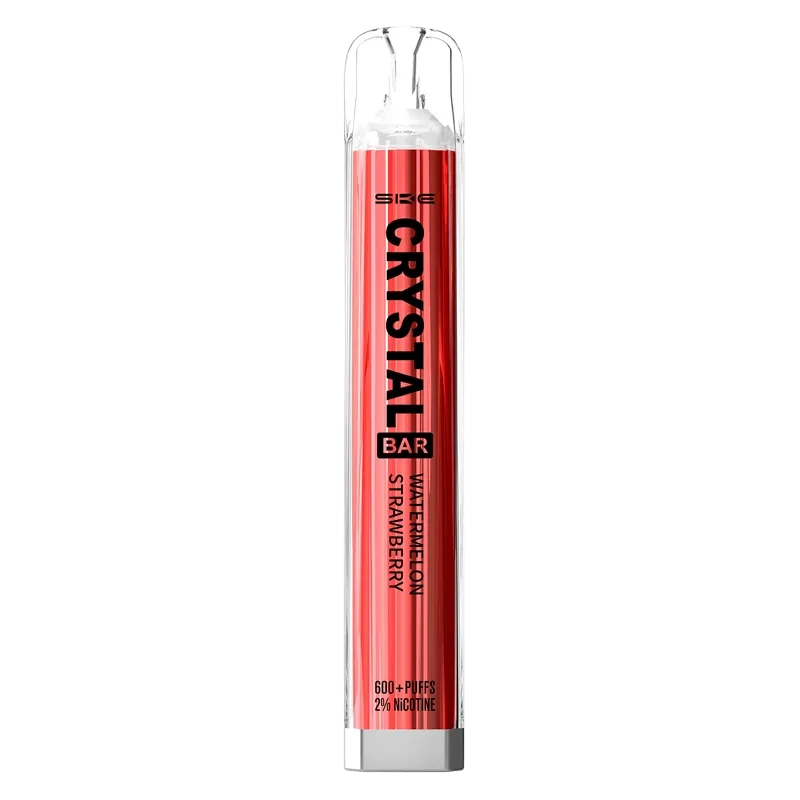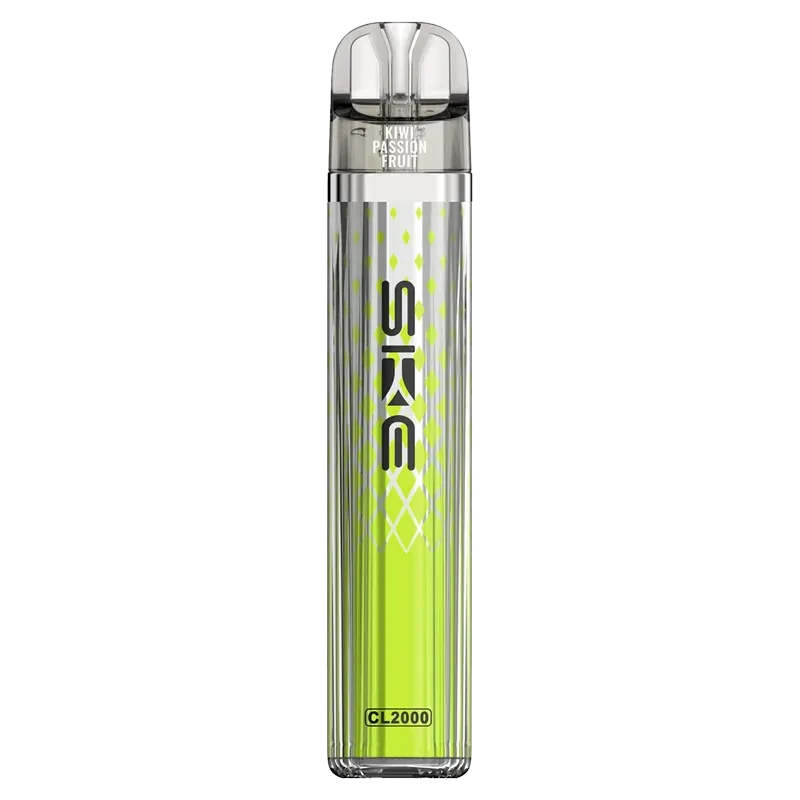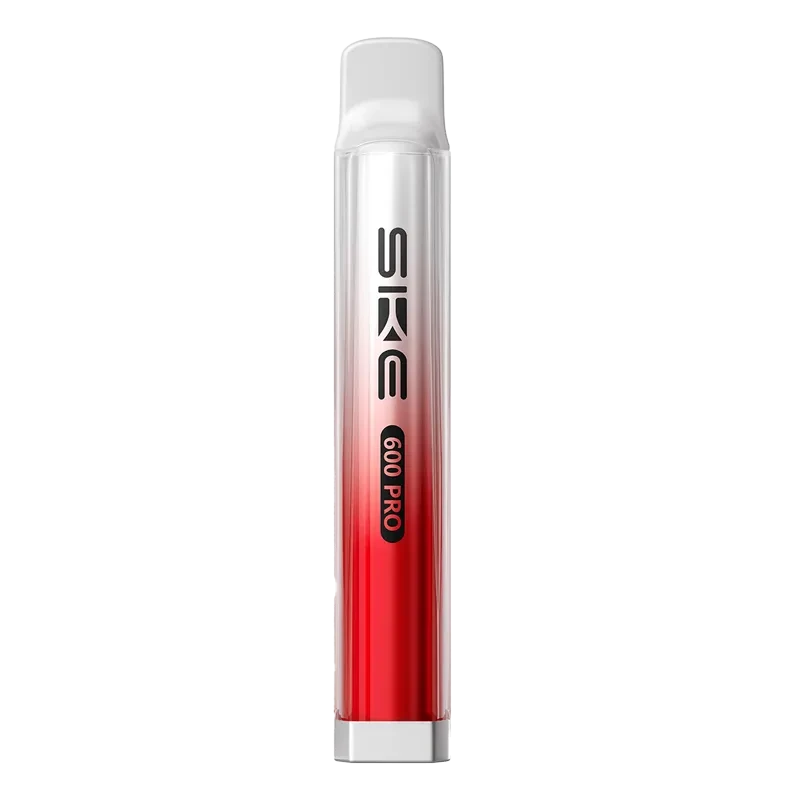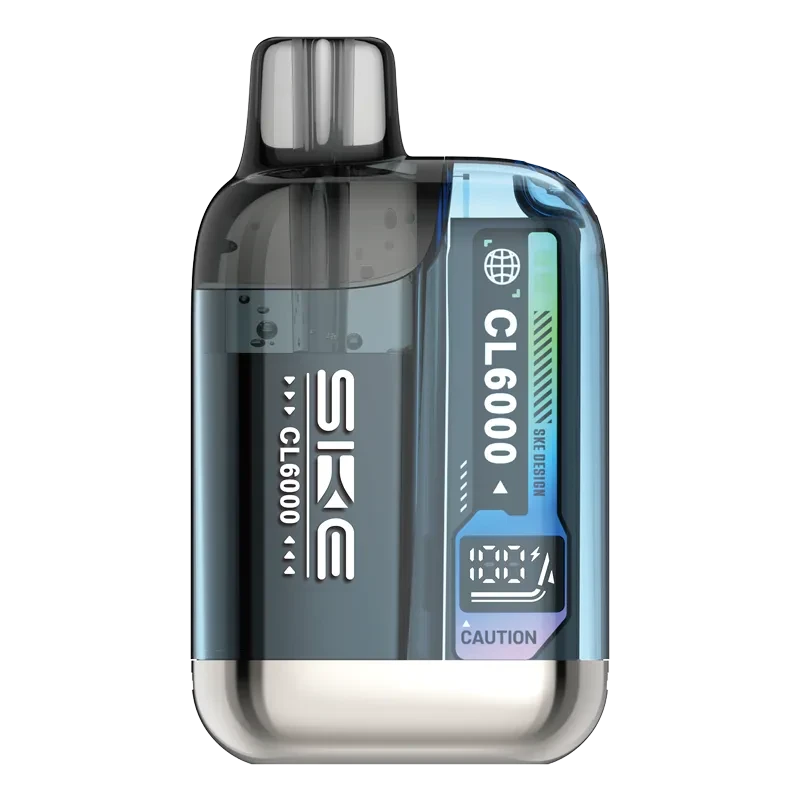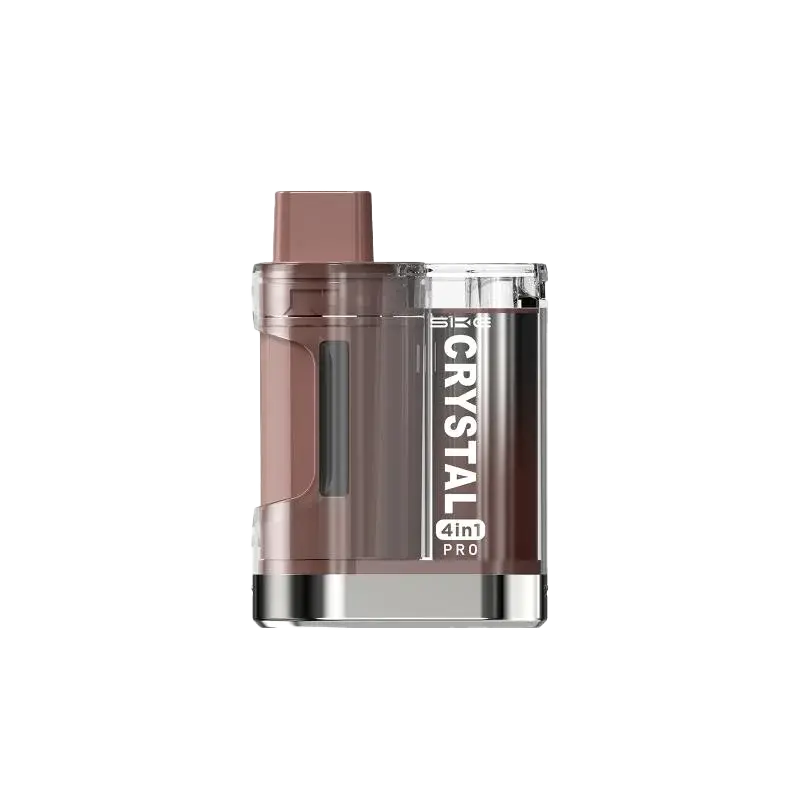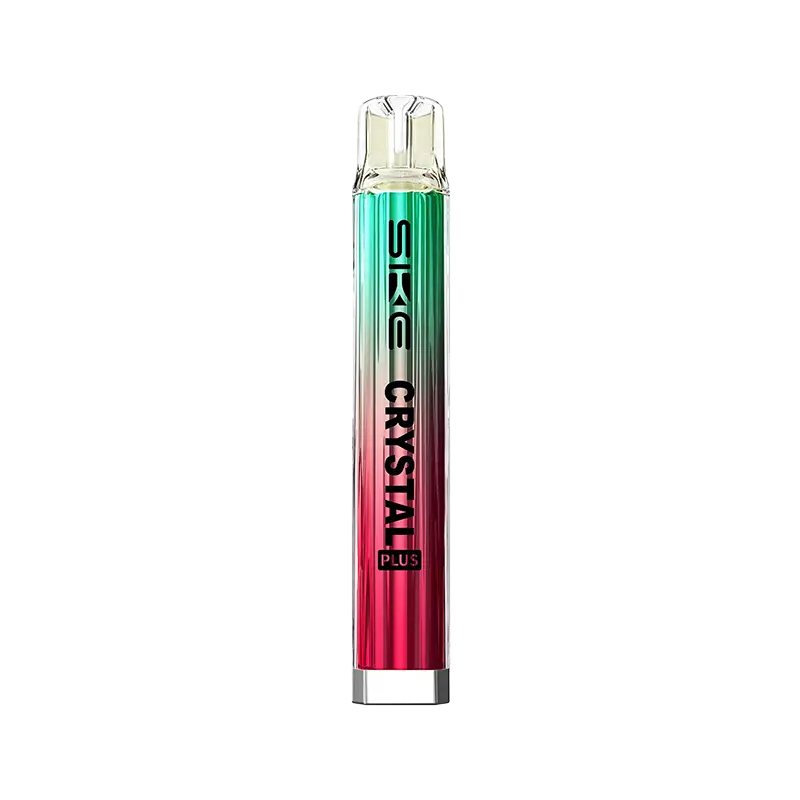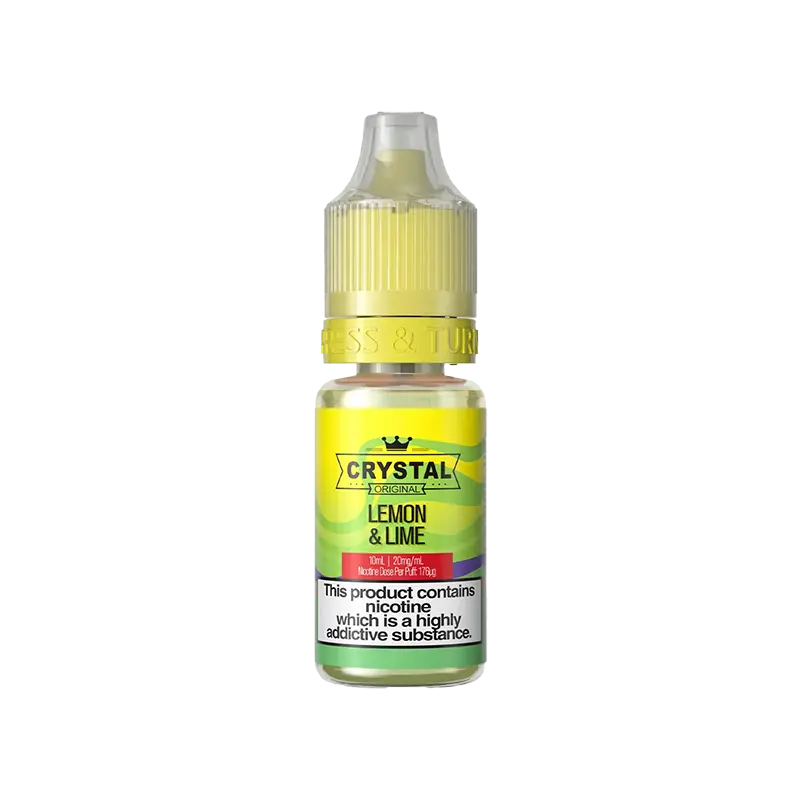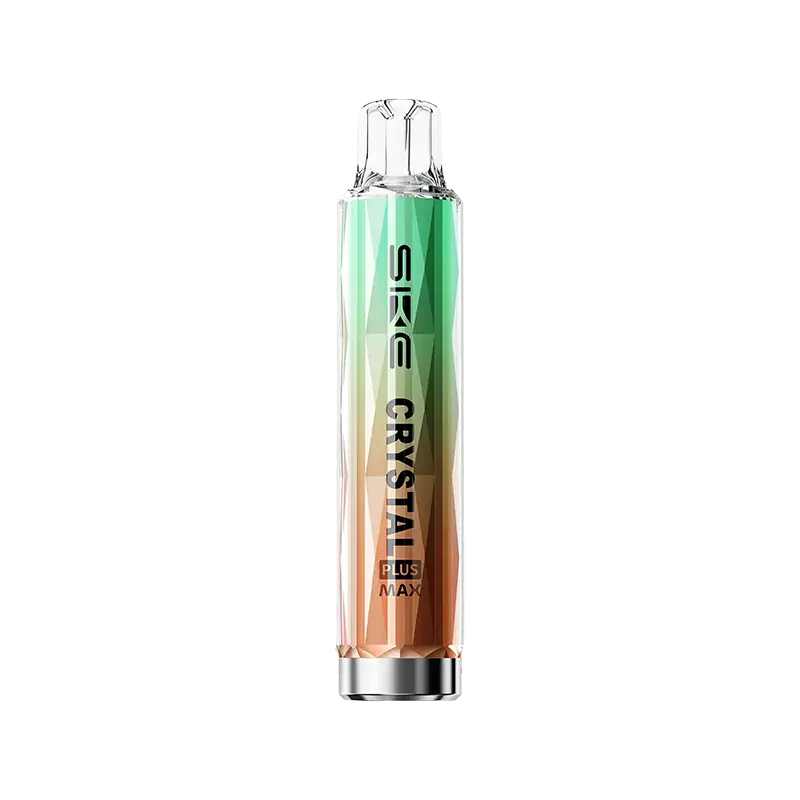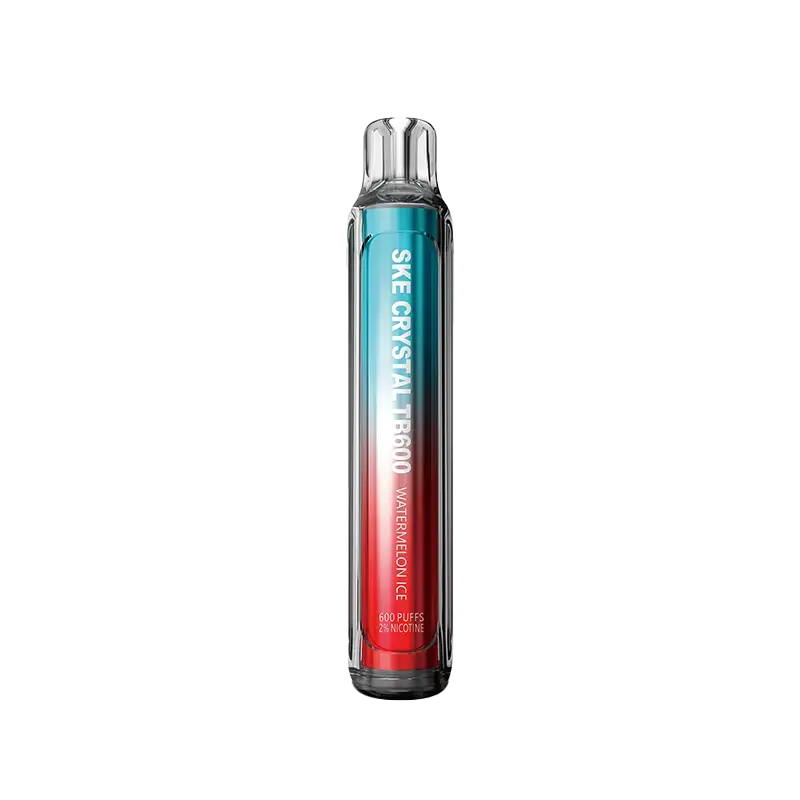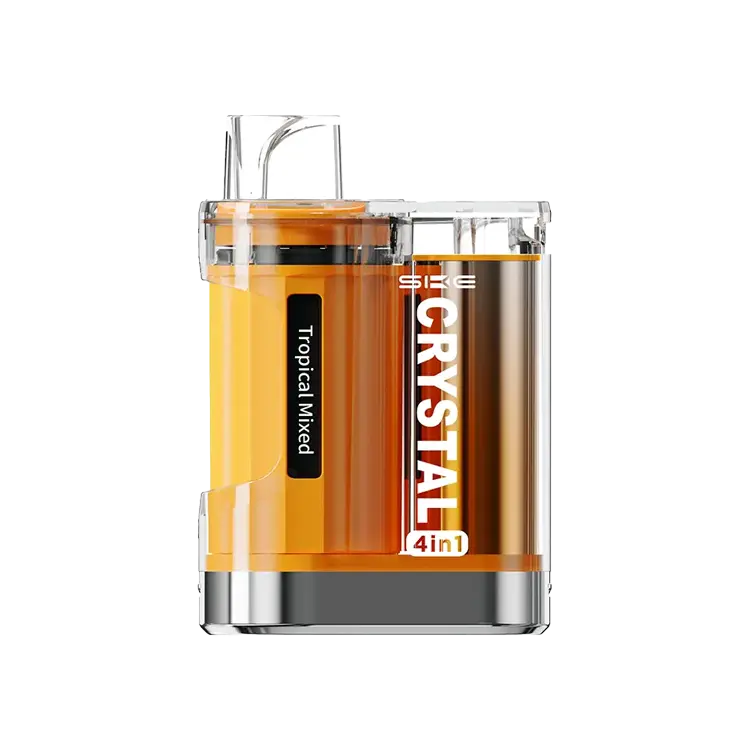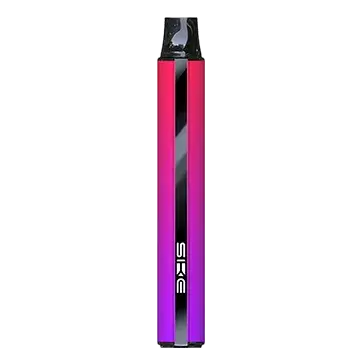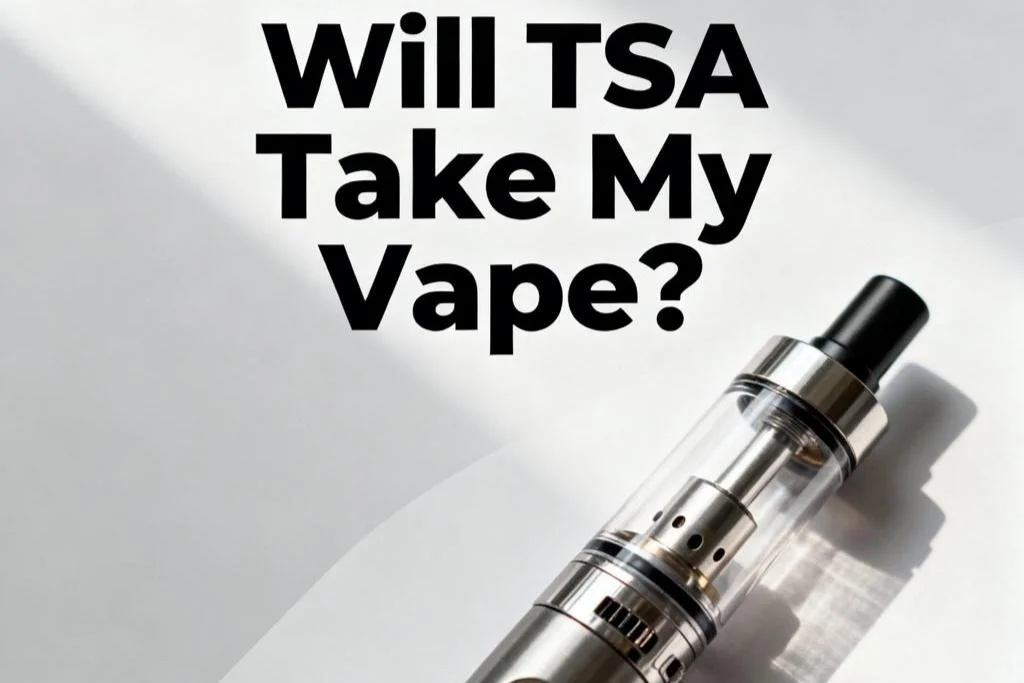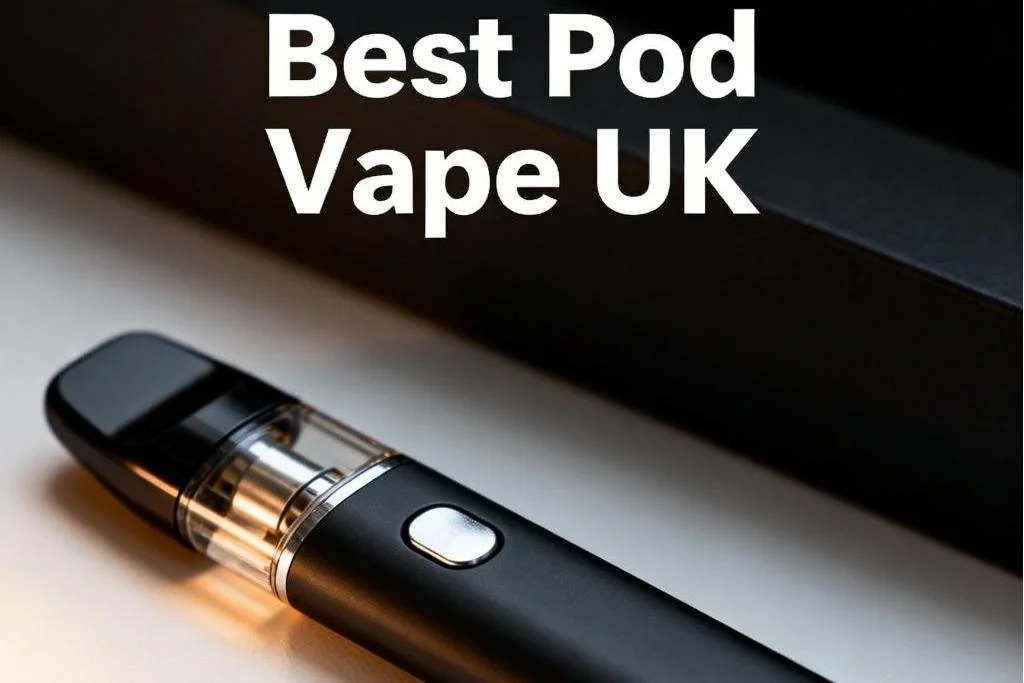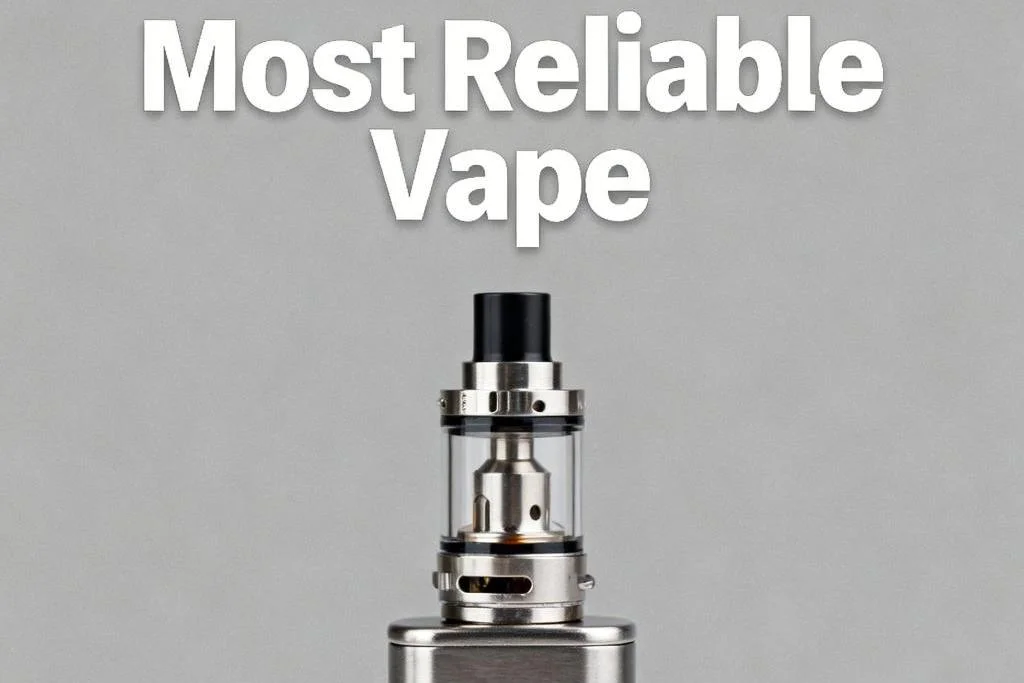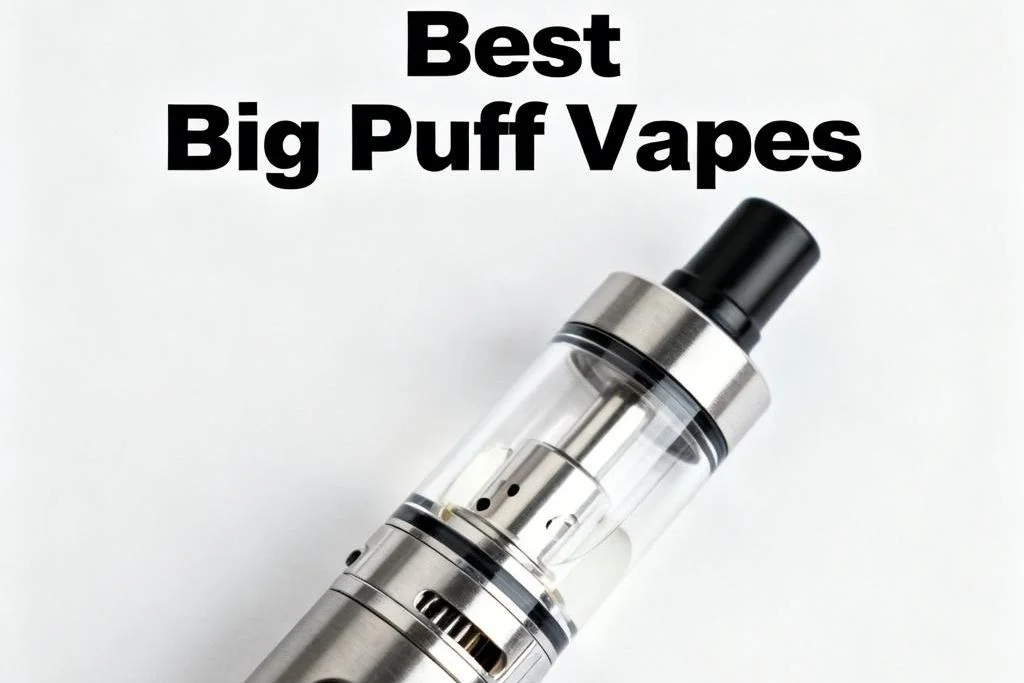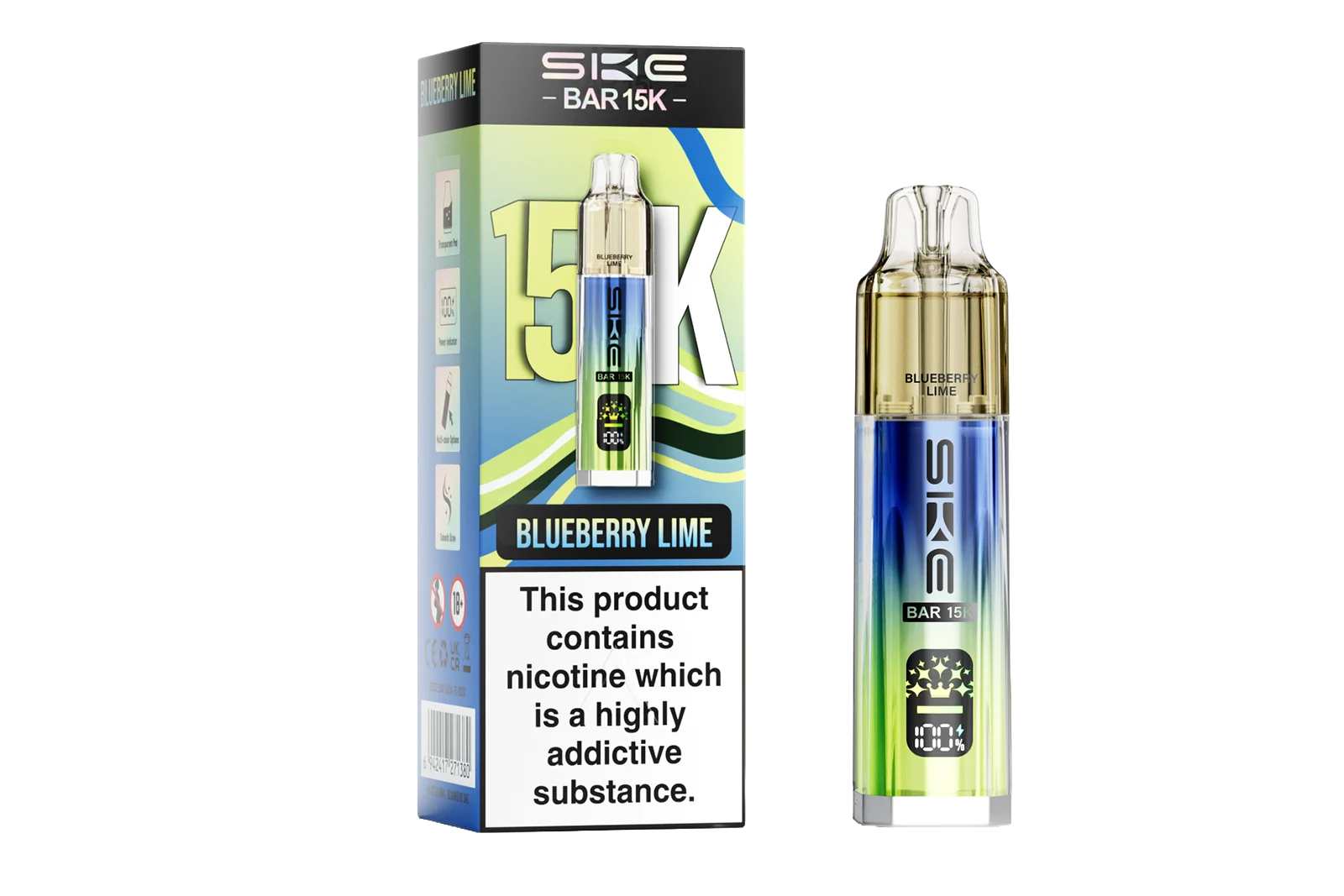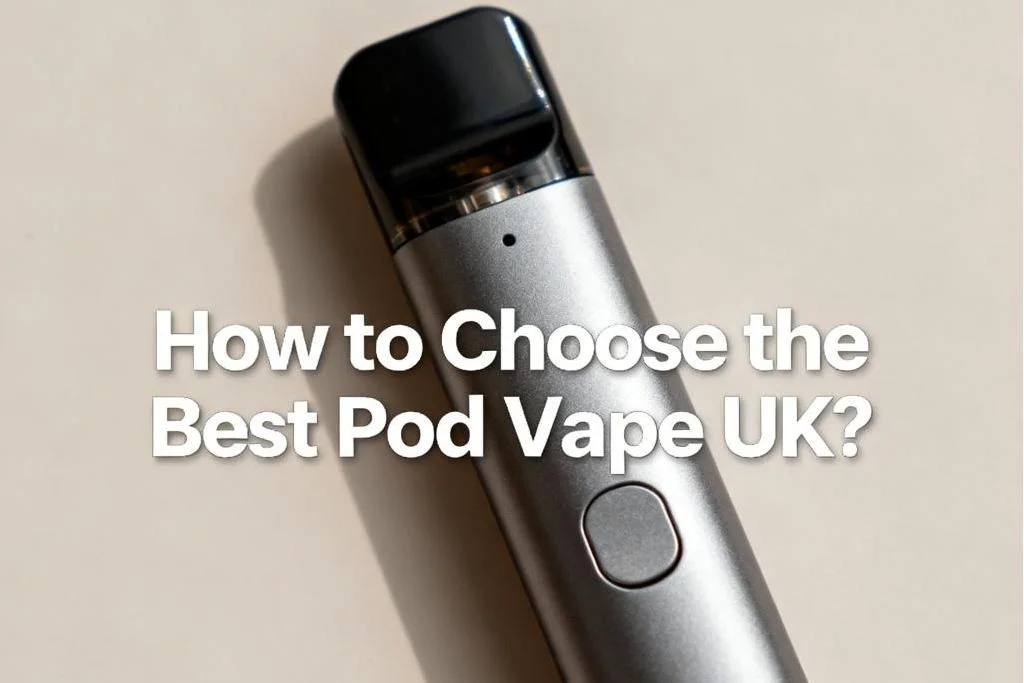CAN YOU VAPE BEFORE SURGERY?
If you're scheduled for surgery and use a vape, it's natural to wonder: can you vape before surgery? As vaping continues to grow in popularity, especially among younger adults, more patients are asking this question in the lead-up to medical procedures. While vaping might seem less harmful than smoking, it's not without implications when it comes to anesthesia, wound healing, and overall surgical outcomes.
Why Vaping Before Surgery Is Discouraged
Healthcare professionals generally advise against using any nicotine product, including vapes, before surgery. Here's why:
1. Nicotine Constricts Blood Vessels
Nicotine—regardless of how it’s delivered—causes vasoconstriction, or the narrowing of blood vessels. This can:
- Reduce blood flow to tissues
- Impair oxygen delivery
- Delay wound healing
- Increase the risk of surgical complications
2. Impaired Lung Function
Many vape products contain ingredients that, when heated and inhaled, can irritate the lungs. Anesthesiologists are especially concerned about:
- Airway inflammation
- Increased mucus production
- Reduced lung elasticity
These factors complicate the administration of anesthesia and can raise the risk of post-operative respiratory issues.
3. Impact on Anesthesia
Nicotine and certain chemicals found in vape liquids may interfere with how your body metabolizes anesthesia. This can:
- Lead to unpredictable anesthesia responses
- Prolong recovery time
- Increase the risk of adverse reactions during surgery
4. Potential for Coughing or Throat Irritation
Even nicotine-free vapes often contain propylene glycol and flavoring agents that can irritate the throat or airways. If you’re undergoing surgery involving intubation, recent vaping could heighten discomfort and cause complications during the procedure.
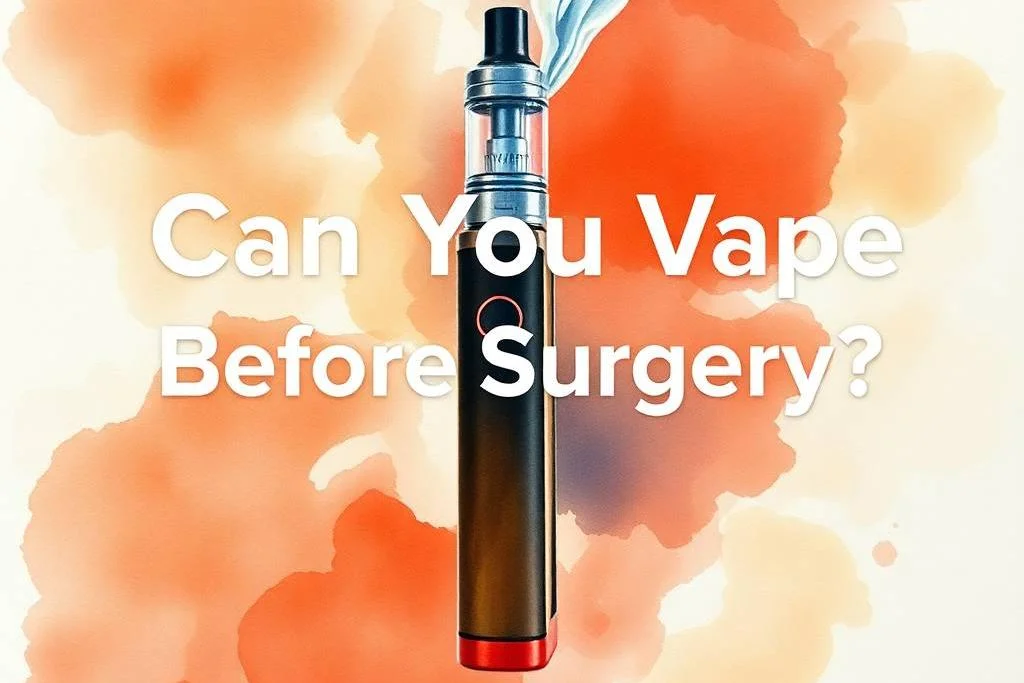
How Long Before Surgery Should You Stop Vaping?
Surgeons typically recommend avoiding vaping at least 24–72 hours before your procedure. However, many anesthesiologists and surgeons suggest a two-week break from vaping to significantly reduce risks. The longer you abstain, the better your body can recover its natural immune and respiratory functions.
If your vape contains nicotine, quitting two to four weeks before surgery is ideal to improve healing and lower the chance of infection or complications.
What If You’re Using Vapes for Nicotine Withdrawal?
If you're using e-cigarettes to quit smoking, talk to your healthcare provider. They may recommend:
- Nicotine patches or lozenges: These can deliver a more controlled dose of nicotine with less impact on your lungs.
- Non-nicotine therapies: Prescription medications or behavioral therapy may help you pause use until after your recovery.

Conclusion
The short answer is no—you should not vape before surgery. Whether your device contains nicotine or not, the ingredients in vape aerosols can compromise your surgical outcome. From anesthesia complications to delayed healing, the risks outweigh any short-term relief vaping might offer.
If you have an upcoming surgery, be honest with your doctor about your vaping habits. Together, you can create a plan that prioritizes your safety and speeds your recovery.

